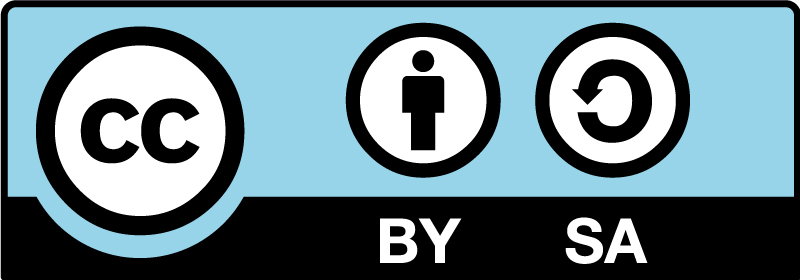In 2013, Access Copyright commenced a legal case against York University in Federal Court seeking enforcement of an interim tariff approved by the Copyright Board. York, which had refused an Access licence in 2011, claimed that the tariff was not mandatory and further stated that the application of its Fair Dealing Guidelines and practices protected it from any claim of infringement. The Court’s 2017 decision found the tariff was mandatory and that York’s Fair Dealing Guidelines and practices in applying them were unfair. The implications of this decision were serious: York was required to pay several millions in royalties. For the wider Canadian university community, which relied on the same argument to refuse the Access tariff and employed Guidelines similar to York, the finding meant they too would be liable for royalties. UBC calculated that its costs would average one million dollars per year.
York appealed the decision to the Federal Court of Appeal. In its recent decision, the Court found the interim tariff (and any succeeding tariff) was not mandatory. The unanimous decision held that collective societies like Access Copyright were licensing bodies and their tariffs establish royalty payments to be paid by licensees. If a non-licensee like York made use of the repertoire of Access, that act alone did not constitute a licence agreement, nor require payment of the tariff. The only recourse for a society was to claim infringement and seek compensation through the courts. This solution was not available to Access, which is not the copyright owner of works in its repertoire.
On the question of fair dealing, the Court sided with the decision of the lower court, claiming that York’s argument, based on the perspective of the student user, was not supported by evidence. Instead, the Court claimed that the appropriate user perspective was that of the institution, citing the Supreme Court decision in CCH. That decision identified six factors to be used in interpreting fair dealing, and the Court of Appeal found that York’s dealing with the works was unfair on five of the factors.
The decision that the tariff is not mandatory is of great value to the university community, providing assurance that institutions can continue to rely on digital subscriptions, fair dealing and transactional licences to make content available to students. The fair dealing determination, on the other hand, may prove troublesome in the long-run. Institutions will need to review their Guidelines, practices and related safeguards.
For UBC this is a positive outcome. The University will continue to rely on its practices and procedures (subscriptions, licensing and fair dealing), which have been reviewed in the years subsequent to 2013, and will be again, in light of this decision. Faculty are encouraged to utilise the course reserve system (LOCR) and the recently introduced Syllabus Service to ensure that material provided to students is copyright compliant. Members of the UBC community should consult Copyright at UBC when dealing with copyright issues related to instructional and administrative uses of copyrighted material.
